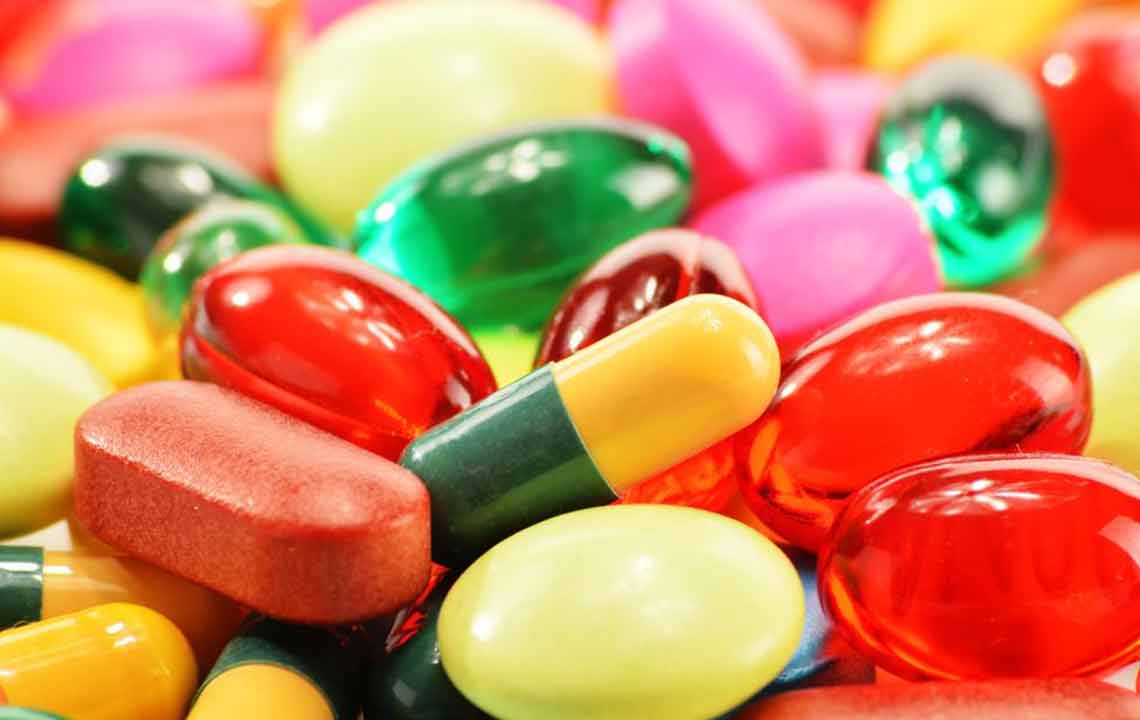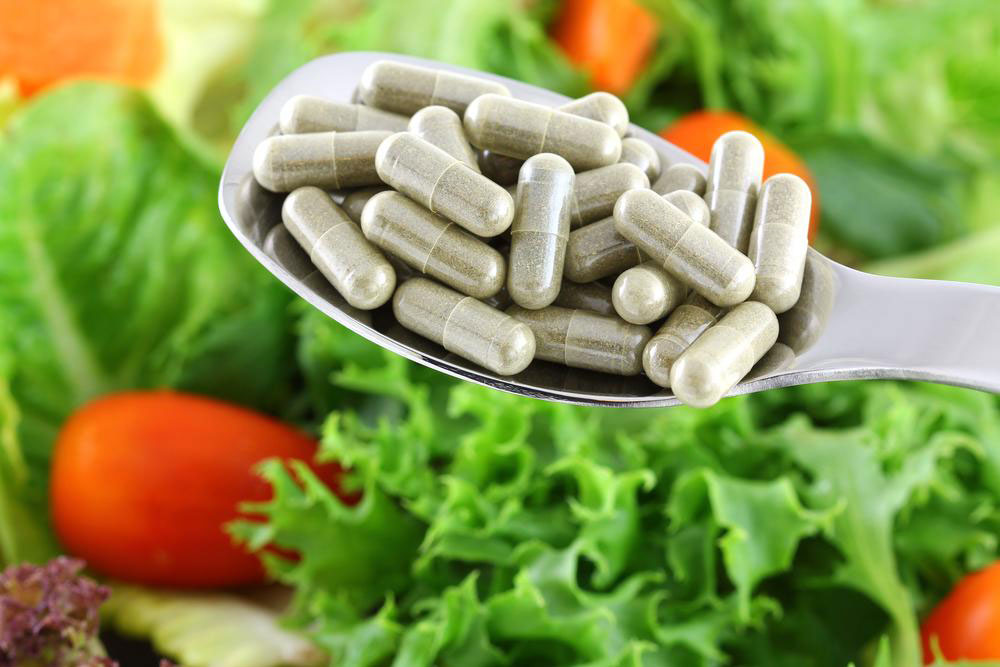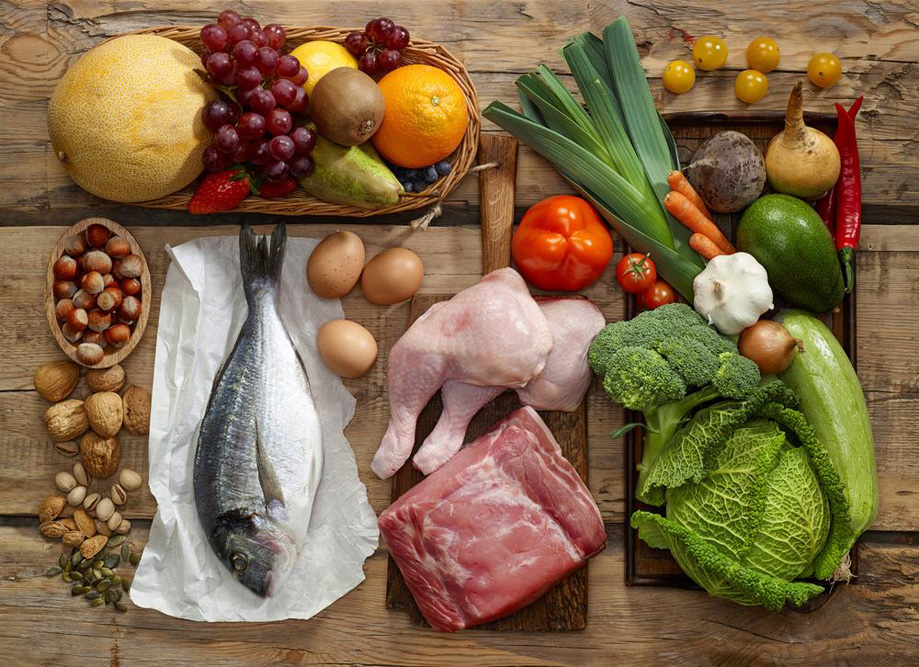Unlocking Optimal Digestion: The Power of Natural Enzymes from Your Kitchen
Discover the importance of natural digestive enzymes and how incorporating enzyme-rich foods like papaya, mango, pineapple, and honey can significantly improve your digestion. Learn about factors leading to enzyme deficiencies and explore safe supplements to boost digestive health naturally. This comprehensive guide emphasizes a holistic approach, including diet and lifestyle, to achieve optimal digestion and overall wellness.

The Importance of Incorporating Natural Digestive Enzymes into Your Daily Diet
If you're curious about why digestive enzymes are gaining attention in health conversations and advertisements, this comprehensive guide will shed light on their significance.
Digestive enzymes are vital biological molecules that play a crucial role in breaking down foods into nutrients your body can absorb and utilize effectively. While many people turn to synthetic supplements to support digestion, opting for natural sources found easily in your kitchen can be a smarter, healthier choice.
What Are Digestive Enzymes and Why Are They Essential?
Contrary to common misconception, digestive enzymes are not foods or nutrients per se but are specialized proteins produced by your body. Their primary function is to catalyze the breakdown of complex food molecules such as proteins, carbohydrates, and fats into smaller, absorbable units like amino acids, glucose, fatty acids, and other essential nutrients.
Digestive enzymes are primarily secreted by the pancreas and are present in the small intestine, ensuring your digestion process runs smoothly. They enable your body to efficiently absorb vital vitamins and minerals, contributing to overall health and energy levels. Without sufficient enzymes, even a nutrient-rich diet might not be effectively absorbed, leading to deficiencies and digestive discomfort.
Understanding why enzymatic activity can decline can help you prevent or address digestive issues proactively.
Common Causes of Digestive Enzyme Deficiency
Age-related decline, certain medications, and health conditions can reduce your body's natural enzyme production. Key factors include:
Pancreatic Disorders: Conditions such as pancreatitis, cystic fibrosis, or pancreatic cancer impair enzyme production, leading to poor digestion.
Reduced Stomach Acid: Low stomach acid levels can hinder enzyme activation, affecting digestion efficiency.
Inflammation and Infectious Diseases: Food allergies, parasitic infections, or increased intestinal permeability (leaky gut) can diminish enzyme activity.
Chronic Stress: Ongoing stress impacts nervous system function, which in turn can impair enzyme secretion and gut motility.
Identifying Symptoms That Signal a Need for Enzyme Support
Unexplained undigested food in stool
Bloating, gas, or abdominal discomfort after meals
Feeling full quickly during meals
Sensation of food lingering or sticking in the stomach
Presence of greasy or oily residues in stool
Harnessing Natural, Kitchen-Based Digestive Enzymes
Papaya: Contains an enzyme called papain, which is highly effective at breaking down proteins and aiding digestion.
Mango: Rich in amylase, an enzyme that helps digest starches into simpler sugars, facilitating better energy release.
Pineapple: Contains bromelain, which supports protein digestion, reduces inflammation, and may help alleviate digestive discomfort.
Honey: Naturally packed with enzymes like amylase and proteases, honey assists in breaking down carbohydrates and proteins.
Beyond natural foods, several high-quality commercial enzyme supplements are available that can support digestion, including Himalaya Live Care, Future Biotic, Royal Green Papaya Digestive Aid, Himalaya Trikatu, and Organic India Trikatu. These supplements can be especially beneficial for individuals with diagnosed enzyme deficiencies or digestive disorders.
Integrating enzyme-rich foods and supplements with light physical activity, such as walking or gentle yoga, can further enhance your digestive health and overall well-being. A balanced approach combining diet, activity, and lifestyle habits helps maintain optimal digestive enzyme activity and prevents discomfort.





